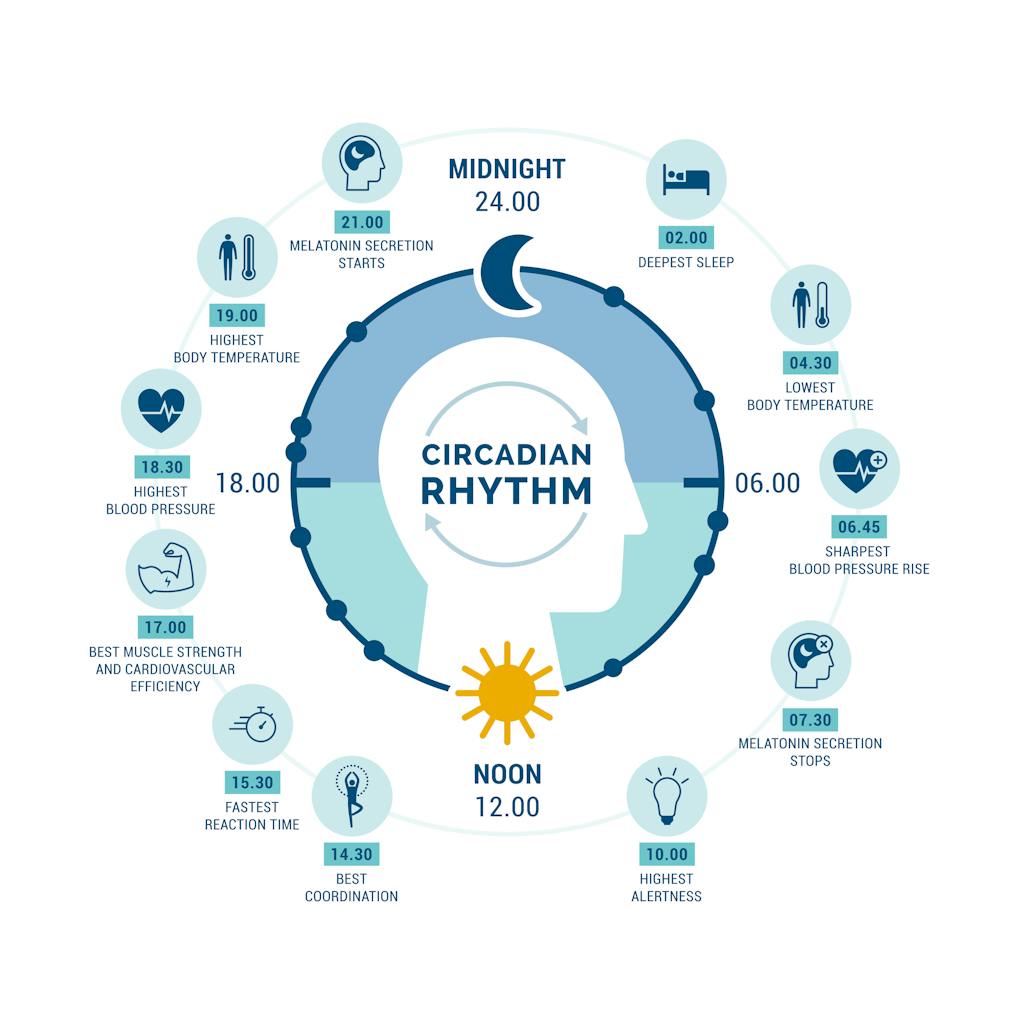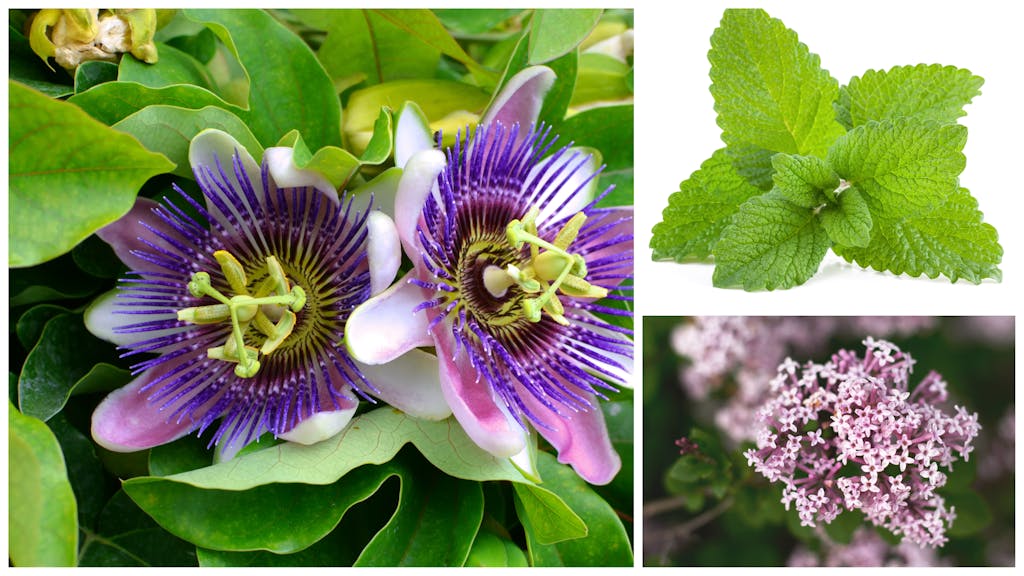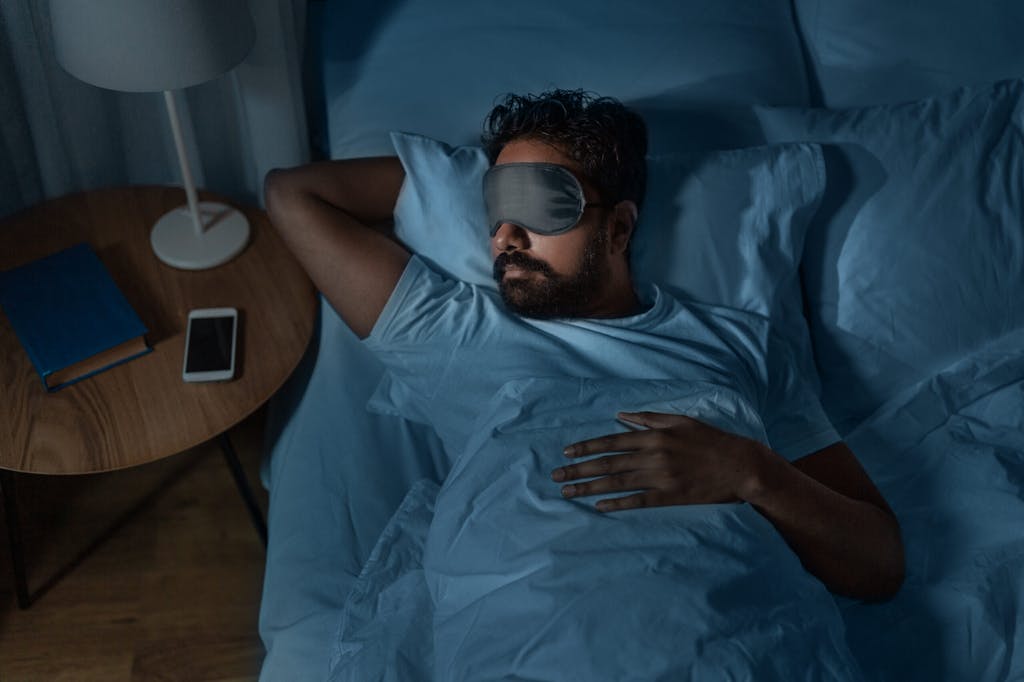How to Have a Great Night’s Sleep in the Arctic and Antarctica
One of the joys of travel is retreating to the comfort of your bed after a day of sightseeing and enjoying a good night’s sleep to get ready for another round of discovery. But sleep can be challenging, especially if you’re traveling to a place where the sun never sets.
That’s true of many places above the Arctic Circle in summer in the Northern Hemisphere, and it’s also true of Antarctica during the summer – its summer, which is opposite of the Northern Hemisphere’s. If you’re dreaming of a bright Christmas, Antarctica is the place to be.
Endless summer days and summer nights may sound glorious, but experts say those never-ending days may lead to sleep deprivation. Here are tips to help you sleep tight.
On your mark

To begin your preparations, pack a comfortable eye mask and ask about whether your accommodations have window coverings that can block the sun.
Your body also plays a role that requires your attention “It’s important for…travelers to take measures to set their own time clock,” says Dr. Jacob Teitelbaum, board-certified internist and the author of “From Fatigued to Fantastic!” “This is part of the broader issue of maintaining a healthy ‘internal clock,’ called the circadian rhythm. The clock sets the timing for many processes in the body.”
You can blame electrification, in part, for some of our sleep struggles. “The average night’s sleep until lightbulbs were invented 150 years ago was nine hours a night,” Teitelbaum says. For those 18-60, the Centers for Disease Control recommends at least seven hours a night; those 61-64 need seven to nine, and those 65 and older need seven or eight.
The downside of shorting yourself on sleep: A persistent lack can lead to health concerns, Teitelbaum says. “Sleep is critical for numerous things besides simply energy,” he says. Those who don’t get enough rest can be prone to chronic pain, weight gain, cognitive and immune dysfunction, and premature aging.

Teitelbaum advocates various natural and non-habit-forming sleep aids, such as sustained-release melatonin at bedtime or herbs such as valerian, passionflower and lemon balm. Avoid stimulants, including coffee or sugar, close to bedtime.
How to trick your brain

Just knowing it’s still light outside can trick the brain into not wanting to go to sleep, says certified nutritionist Serena Poon. “Seeing light and darkness helps regulate hormones in your brain that tell you when to wake up and when to go to sleep,” she says. “Normally, when the sun goes down, it triggers the release of melatonin, which helps you wind down for bed.”
Travelers should determine a set bedtime and create a sort of wind-down ritual to help them fall and stay asleep. Begin blocking out light with blackout curtains an hour before bedtime. Also, turn off electronics, whose artificial blue light, emitted by their screens, can affect the release of melatonin. Enjoy a soothing beverage, a bath, some meditation or journaling.
“You will also want to limit caffeine during the day and refrain from drinking alcohol at least two hours before bed,” she says. ‘REM (rapid eye movement) sleep is significantly disrupted when you drink alcohol, which will limit your body’s ability to rejuvenate.”

A mask is a ‘game changer’
Dr. Dave Rabin, board-certified psychiatrist, neuroscientist and founder of sleep tech company Apollo Neuro, advises adjusting to new sleep cycles in advance of a trip and also suggests getting accustomed to wearing an eye mask.
“Sometimes, there can be an adjustment period when you start to use an eye mask because it can become uncomfortable if you’re not used to sleeping with something on your face,” he says. “Make sure that before you leave you have a good blackout eye mask that feels comfortable and that you’ve tried out. This is critical because wearing an eye mask will prevent any ambient light from going into your eyes and stimulating you [and] keeping you up while you’re trying to sleep.
“Sometimes, there can be an adjustment period when you start to use an eye mask because it can become uncomfortable if you’re not used to sleeping with something on your face,” he says. “Make sure that before you leave you have a good blackout eye mask that feels comfortable and that you’ve tried out. This is critical because wearing an eye mask will prevent any ambient light from going into your eyes and stimulating you [and] keeping you up while you’re trying to sleep.
“In areas where there’s light all the time, getting used to sleeping with a good blackout eye mask is absolutely the game changer.”
Make some noise
He also suggests taking along a white noise machine or downloading an app that provides white noise. “Having something like this to block out ambient noise is important as it gives you a good, natural rhythm for sleep,” Rabin says.
“Also, start to do breathing techniques before sleep….When you are trying to fall asleep, learn to breathe slowly and deeply, mimicking the same breathing technique [as] when you are asleep. This can be really helpful in falling asleep quickly and effectively.”
Sticking as closely as possible to a regular eating schedule also can helpful: Ideally, eat a couple of hours after waking up. A few hours later, have a small lunch, and eat dinner at least three hours before bed.
“Be mindful of the food you’re putting into your body, whether it’s stimulating or sedative [and] making sure to be mindful of what time you’re consuming things. How much you’re consuming is very important to help regulate these rhythms over time, especially during big travel situations.”
Antarctica and the Arctic certainly qualify as big travel situations.
Fascinating (sleep) rhythms
“Ultimately, if we don’t get regular sleep when we’re traveling and don’t maintain a healthy rhythm when we’re traveling to places like Antarctica, it can throw us off,” Rabin says. “It can take weeks to restore and recover when we get back home.
That can mean feeling dysregulated, having difficulty sleeping, experiencing types of hypomania, impulsivity, having too much energy, too much irritability, being short of patience and things like that that can increase when we don’t have [enough] sleep. We can lose creativity and empathy….Also, loss of sleep impacts our memory and focus.
“All these things start to become dysregulated when we spend more time awake and not in our regular rhythm, so maintaining that regular rhythm over this time period, especially during the transition, helps us make sure all the other things stay intact while were undergoing the stress of travel and time zone changes.”
Sleep well.
